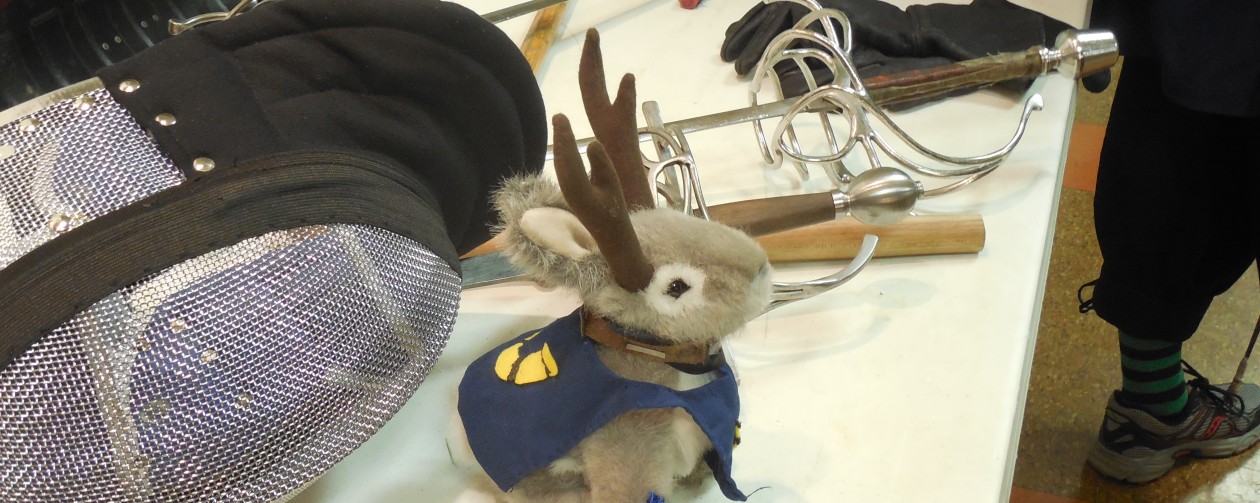I am using the daily Bible reading schedule from “The Bible.net” for my daily Bible reading.
Today, I am reading and commenting on Isaiah 22-25.
In today’s passage Isaiah writes “Let us eat and drink, for tomorrow we die.” This is often used by people to justify a party lifestyle by people who don’t actually know the Bible. As you can see from this passage, Isaiah is actually doing exactly the opposite of encouraging a party lifestyle. He is condemning it. He puts these words in the mouth of people who, rather than mourn and turn to God, chose to party it up in the face of disaster.
One could easily read this passage as a condemnation of preparing for disaster. In condemning the people of Jerusalem, Isaiah cites the preparations they made for a coming siege, I am not sure if this is a description of something which actually happened, or if Isaiah was speaking figuratively. In either case, Isaiah’s condemnation is not for those preparations. Isaiah condemned them for making those preparations but not spending any time seeking God. Even his condemnation of their attitude of “eat, drink, and be merry” is more about what they did not do than what they did do. God had sent troubles their way to call them back to Himself, but He never crossed their minds, not even in the face of death. This passage should be considered in light of what I wrote about yesterday. When we face apparent doom, if we turn from our sins and call on God, He may make that doom disappear overnight.
The city of Tyre was confident that they could withstand invaders because of their geographic location. Tyre was situated on an island and the city took up all of the island. In addition, they had a powerful fleet of ships and a good harbor, which made it hard for other nations to blockade them. Isaiah prophesied that despite their geographical security they would fall when God chose for that to happen. Indeed Tyre fell to Alexander the Great some years later. Both nations and individuals should heed this lesson. No matter what natural advantages we may have, God is the ruler of history and can destroy us when He chooses.
Chapter 24 describes devastation which falls on the entire earth as a result of man’s sinfulness. As I read it, I imagined an ecological disaster, which is certainly consistent with what I have seen of societies where evil dominates. This passage does not call those who serve God to be “concerned for the environment”, not that caring for the environment is a bad thing in and of itself. However, my observation is that, in general, those who have no concern for doing God’s will have little understanding of the impact of their actions on others or on the world around them. Often times, they do not even understand the impact of their actions on themselves. When I started this I intended to write more about the connection between evil and environmental destruction, but I realized that my thoughts on this require their own entry. The last point I want to make is to point out that the philosophy of “eat, drink, and be merry for tomorrow we die” leads one towards actions which are environmentally destructive.





